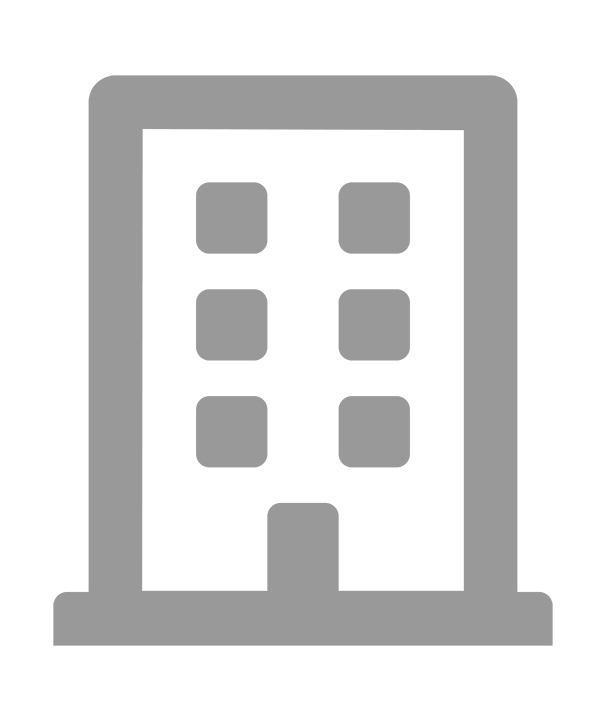
Proactive Humanitarian Program PHP
Joined July 2013
Proactive Humanitarian Program was established in 2008 by a group of philanthropists from amongst the communities of KPK and Federally Administrated Tribal Areas (FATA) with goal to improve living status of local communities through poverty alleviation and social development through health, education, and environmental sanitation related activities. Improvement of literacy rate through formal and non-formal education; provision of Primary Health Care (PHC) and Social Services (SS) at doorstep of local communities; promotion and strengthening of Public-Private-Partnership; promotion of personal hygiene and environmental sanitation; best management of Natural Resources and Livelihood; contribution in harmonizing the relationship between the ethnic groups and conflict resolution; child & gender protection; capacity building of local communities and public sector authorities for suitability of intervention are the main objectives of this organization.
Since its establishment PHP has shown remarkable successes and contribution to achieve these milestones. We hope that in long term this organization will generate accurate and reliable data and information through its activities at grass root level which will certainly enable relevant authorities at all levels to make better informed-decisions in selection of more effective and sustainable intervention (s) in health, education, environment, social and other related sectors.
I must appreciate and commend the hard work of the employees, Board of Directors, and volunteers associated with our organization for their keen interest in the development of their respective areas.
Last but not the least; I would also like to extend my gratitude to all public and private sectors supports and donors for their endless and generous support to achieve our mission. We also expect that same support will be continued in future to better contribution to make health and friendly/empowered communities.
Chief Executive
Proactive Humanitarian Program
EXECUTIVE SUMMARY
FATA is mostly hard hilly area covering 27,220 Sq. Km having plane patches of 5180 Sq km and situated on border with Afghanistan. FATA is the most rural administrative unit in Pakistan than other four provinces. FATA has 3.2 million people with av. housed sizes 9.3 per persons and growth rate of 2.19%, less than 3% of the total living in established townships. Overall FATA region is characterized with limited economic growth, majority of population rely on subsistence agriculture, arms manufacturing, low-scale trade which sometimes involve cross border trade. The employment opportunities are almost non-existent with complex social factors and traditional lifestyle where entire family is dependent on individual earner. These elements often trigger and trap youth’s interests in non-productive activities leading to crime and domestic violence.
Women in FATA are living lives with strict protection of their dignity, security and shelter, however they are economically not independent to take decisions about there health, education, personal choices, etc. where they are harshly dominated by combined understandings of religious values, culture and traditional norms. However, women in FATA are vulnerable to inter-related economic, social and psychological aspects of poverty.
Economic poverty is due to lack of assets and low endowment of human capital. Social poverty derives from the inability of the society to accept women’s equality, and their economic, political and cultural rights; while psychologically women are poor in respect of restrained liberty under the dictates of customs and traditions depriving the control over their own body and wishes. Lack of education, cross culture interaction and exposure, prevailing violence and uncertainty resulting in social deprivation of the locals.
To become a bridge between these challenges and PHP has launched many community based projects targeting health, education, social sectors through the promotion of Public-Private-Partnership.
PHP has great contribution in promotion of micro credits to poor households of the region, micro-enterprise development activities and small community infrastructural development activities. Women empowerment and
equality, gender balance is also our priority area for social justice and balance. Capacity building of locals in disciplines of health services and personal hygiene, population welfare, gender and child protection, information technology, education, livelihood skills for sustainable development/empowered community of the region. Therefore we are creating an environment conducive to poverty alleviation and sustainable social development.
